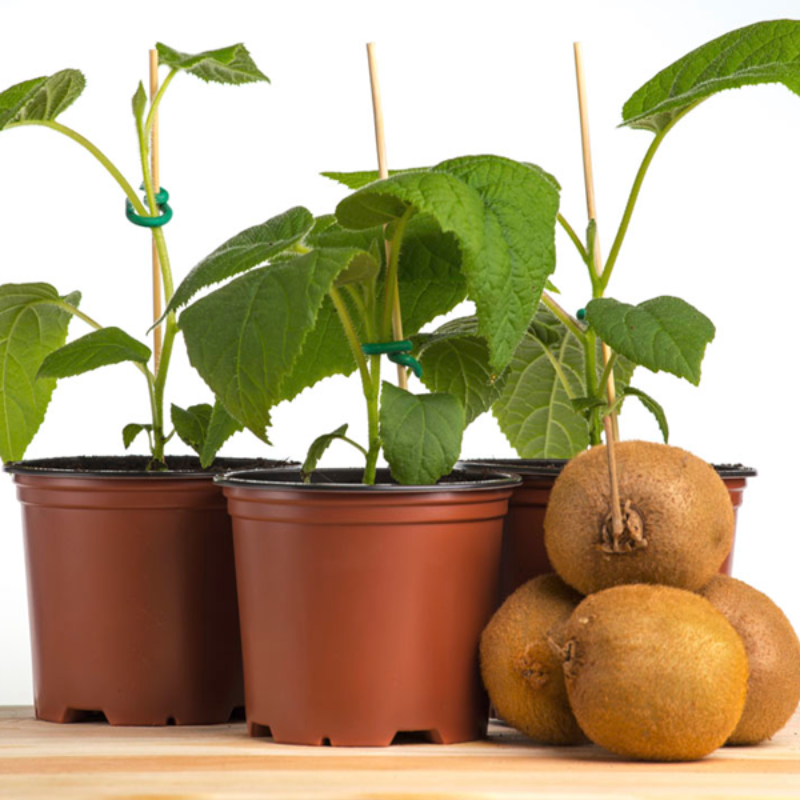- Species and varieties: The potted kiwi seeds belong to the Actinidia genus, which includes around 60 species. The most common variety grown from these seeds is the Actinidia deliciosa, also known as the fuzzy kiwi. Other popular varieties include the Actinidia arguta (hardy kiwi) and Actinidia chinensis (golden kiwi).
- Hybrid or heirloom: Most kiwi seeds available in the market are heirloom varieties, meaning they have been passed down through generations due to their valued characteristics. However, hybrid varieties, bred for specific traits such as disease resistance or fruit size, are also available.
- Pruning and training: Kiwi plants require regular pruning to maintain their size and shape, and to promote fruit production. Training the vines on a trellis or similar support structure is also necessary for optimal growth.
- Fertilization needs: Kiwi plants need a balanced fertilizer, applied in early spring and again in early summer. They also benefit from additional applications of a high-potassium fertilizer when the fruits start to swell.
- Hardiness zones: Kiwi plants are suitable for USDA hardiness zones 7-9. They require a long growing season, typically 240 days, of frost-free weather.
- Climate requirements: Kiwi plants prefer a sunny location with well-drained soil. They need a significant amount of winter chill for the buds to set fruit. The plants also require protection from strong winds as they can damage the vines and fruit.




